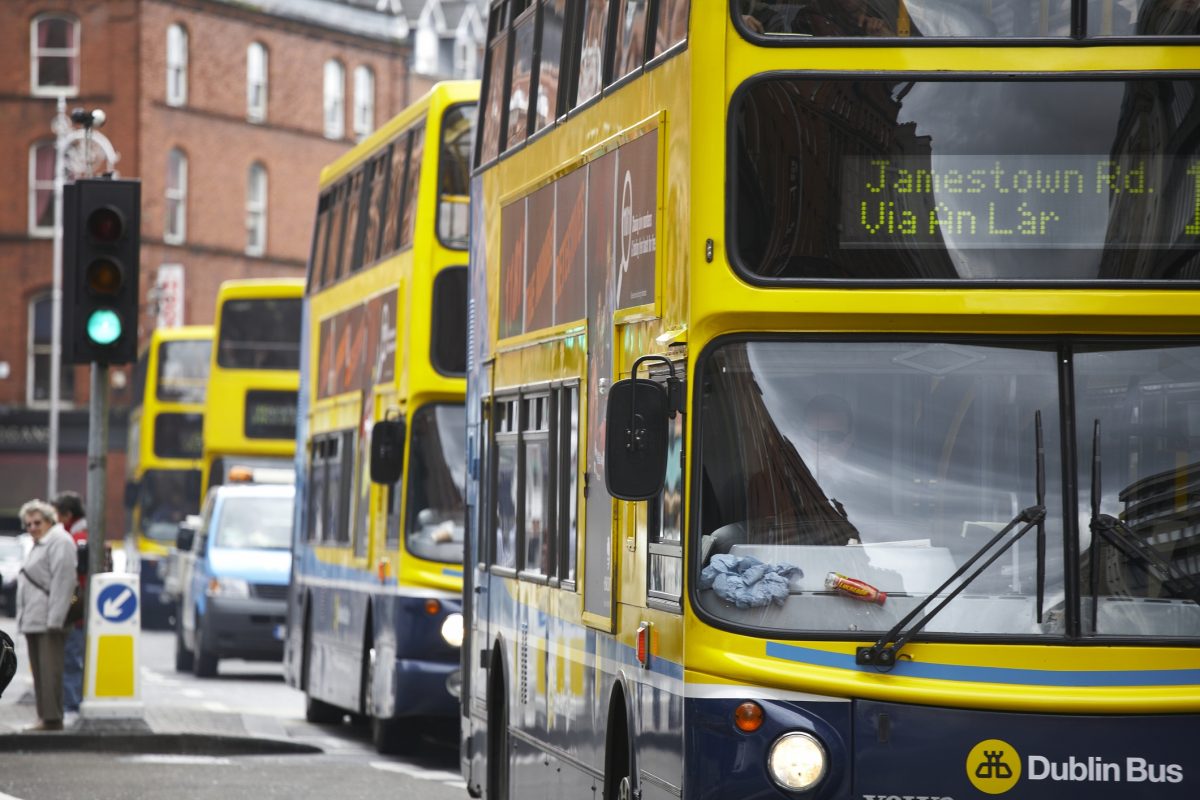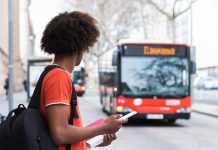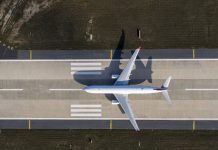The Minister for Transport, Tourism & Sport in the Republic of Ireland, Paschal Donohoe explains how investment in transport is essential to the economy.
A well-functioning transport system is essential to a well-functioning economy. If we fail to invest in, and facilitate, efficient transport, we impose a range of costs on society and create a barrier to future economic growth.
Due to our economic crisis in recent years, the scope to implement major investment programmes in areas, like transport, has been tightly constrained.
This government has, however, taken this opportunity to consider what the appropriate level of investment in our transport system should be as we seek to identify future needs, where demand will arise and how best to advance and manage Ireland’s transport network. This is being done so that we can prioritise the projects that will offer the greatest economic and social return for the resources we can provide.
Ireland weathered a very difficult economic storm over the last number of years. Thankfully, due to a recovery plan implemented by the government and the sacrifices made by the Irish people, we have seen a considerable return to economic growth. With that comes a rise in the number of cars on our roads.
To address this, a high priority is being put on tackling urban congestion, principally through public transport, walking and cycling and a better integrated transport system. The need to rebalance transport policy in favour of public and sustainable transport is a key policy priority of mine and, despite the economic difficulties of recent years, this government has continued to invest in the appropriate sectors. We have targeted our investment where it will deliver the greatest return by providing options to encourage people to make smarter travel decisions.
The allocation finalised by my Department in October in our Budget 2015 negotiations, allows for the maintenance and, where possible, expansion of capacity in our transport networks where projects such as the LUAS cross-city for Dublin are concerned. Targeted investment in our roads, the delivery of efficient public transport services and the promotion of safer and more sustainable transport options have all been prioritised.
A rolling programme of Public Service Obligation bus replacement will continue to be funded for Dublin Bus and Bus Eireann. In a bid to ensure that public transport remains an attractive option, a number of measures such as improvements to bus stops and shelters, on-going enhancement of the Leap card (which facilitates cheaper travel), upgrades to Real Time Passenger Information and journey planners will also continue. As our economy develops, it is essential that investment in our public transport system keeps pace. Ensuring that those who are returning to work are supported in their efforts to get there is key to enabling our future progress. Targeted investment in our national, regional and local roads; the maintenance of our rail network and upgrading of our bus fleet are all central to this.
Funding programmes to support the Smarter Travel Policy is also central to encouraging sustainable travel. There are 3 such policies being administered by my Department over the period 2012 to 2016; Smarter Travel Areas (STAs), Active Travel Towns (ATTs) and National Cycle Network (NCN).
My Department also funds and works closely with the National Transport Authority (NTA) to administer a range of behavioural change programmes, namely Smarter Travel Workplaces, Smarter Travel Campuses and Green Schools Travel, all of which are designed to raise awareness of more sustainable travel options, and to encourage a shift away from the car to more sustainable modes.
The NTA also supports the development of more sustainable travel through the provision of infrastructure under its Sustainable Transport Measures Grants (STMG) Programme and also manages the Dublin Bikes scheme, the success of which is facilitating the roll out of the scheme this year to the regional cities of Cork, Galway and Limerick.
A reduction in car use will benefit us economically by reducing congestion and our reliance on imported fuels. Improved facilities for cyclists and pedestrians will increase activity levels to make for a fitter and healthier population and also help to make Ireland an international destination for activity based tourism. Providing safe cycle routes is a key factor in encouraging more people to cycle for both transport purposes and leisure. I will continue to support this key policy.
The sustainable travel and transport agenda, and in particular cycling, is continuing to gain momentum. Given the economic benefits that sustainable travel and transport can confer, as well as the environmental ones, this is very welcome indeed and will continue to receive my support.
Paschal Donohoe
Minister for Transport, Tourism & Sport
Department for Transport, Republic of Ireland











